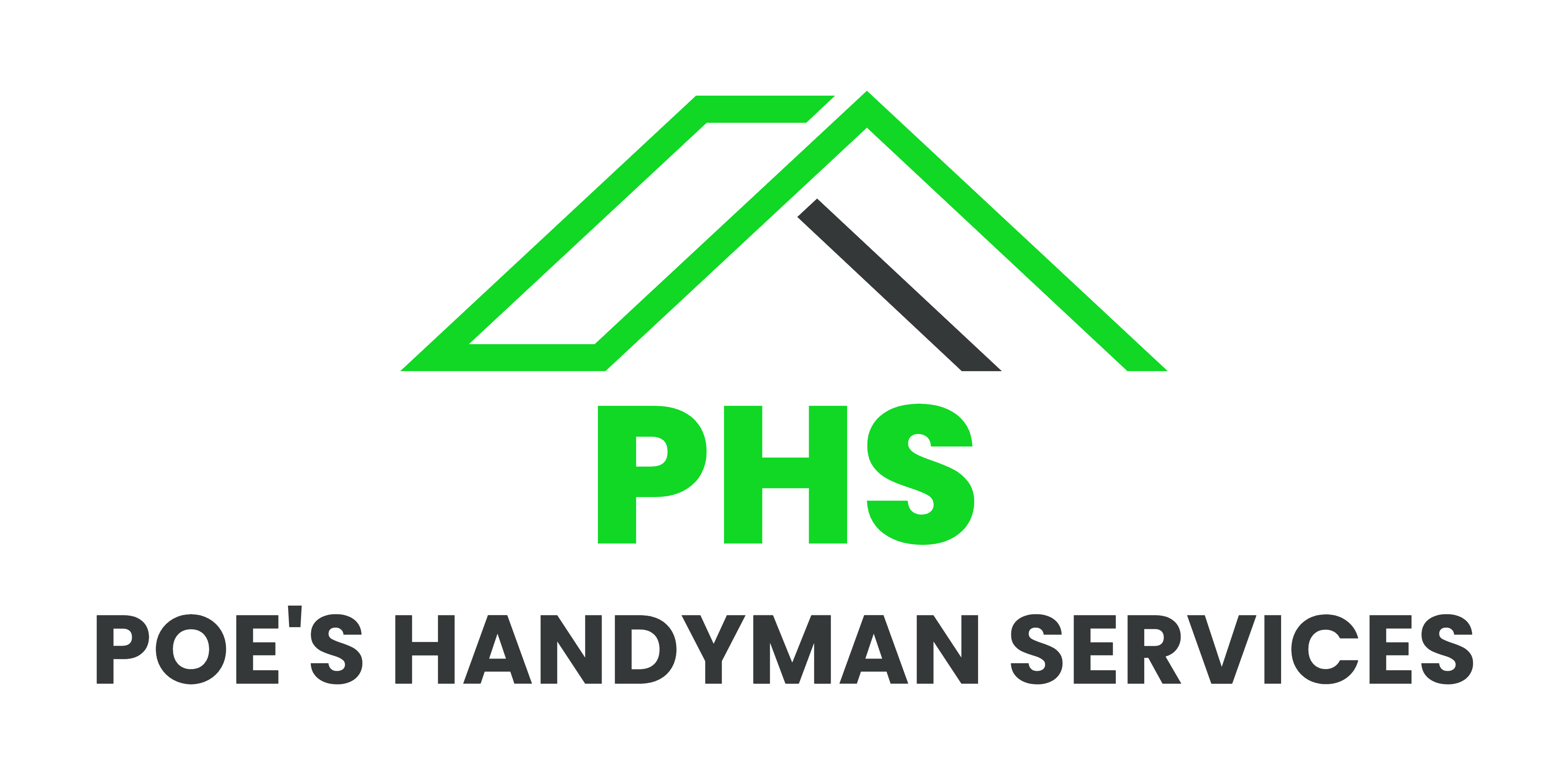All About Essential Tools Every Homeowner Needs
- Luke Poe
- May 21, 2025
- 4 min read
Owning a home comes with a unique set of responsibilities, and being prepared with the right tools is essential. Whether you're tackling DIY projects, making repairs, or simply performing routine maintenance, having a well-equipped toolbox can save you time and frustration. In this article, we'll explore the essential tools that every homeowner should have, from basics for beginners to advanced tools for the more experienced DIYer.
Essential Tools Every Homeowner Should Have
When it comes to essential tools, a good variety is necessary to cover a wide range of tasks. Here's a list of tools that should be in everyone's home toolkit:
Hammer - A sturdy hammer is crucial for driving nails into wood, hanging pictures, and more. Choose a claw hammer for its versatility.
Screwdrivers - A set that includes both flathead and Phillips screwdrivers will help you tackle a multitude of tasks, from assembling furniture to fixing appliances.
Tape Measure - Accurate measurements are key in any home project. A 25-foot tape measure should cover most needs for indoor and outdoor projects.
Utility Knife - A sharp utility knife is vital for cutting materials like cardboard, rope, or even drywall. Look for one that allows for easy blade replacement.

Specialty Tools for Homeowners
While basic tools are important, having specialty tools for specific tasks can make home projects much easier. Here are some specialty tools every homeowner should consider:
Stud Finder - Useful for hanging heavy items on walls, a stud finder helps locate the wooden beams behind your drywall to ensure you’re drilling in the right spots.
Level - A level helps you hang items straight and is essential for any home improvement projects involving shelves or frames.
Cordless Drill - No homeowner should be without a cordless drill. It makes the process of drilling holes and driving screws faster and more efficient than manual methods.
Pry Bar - If you’re doing any remodeling or demolition, a pry bar is invaluable for removing nails and pulling apart materials.

What is the Best Way to Find a Good Handyman?
Finding a reliable handyman can be a challenge, but there are several strategies that can help. Start by asking for recommendations from friends, family, or neighbors. Personal experiences can provide valuable insights into a handyman's quality of work.
Next, search online for reviews and ratings on websites like Yelp or Angie's List. Look for handymen with high ratings and positive feedback. Ensure they have the necessary licenses and insurance, as this protects both you and them during the work.
Finally, consider checking out local handyman services, such as Poe's Handyman, which often have established reputations in the community and can take on a variety of home repairs.
Keeping Your Tools Organized
An organized toolbox can save you time and make projects less stressful. Consider these tips for keeping your tools in their best shape:
Toolbox Selection - Invest in a durable toolbox with compartments to keep your tools separated and easy to find.
Label Everything - Label drawers or sections with the type of tools they hold. This helps you or anyone else you allow to use your tools find what they need without searching through a jumble.
Routine Maintenance - Regularly clean your tools and check for damage. This ensures they remain in good condition and extends their life.

DIY Projects and Tool Use
In addition to the hardware mentioned, understanding how to use these tools effectively is essential. Participate in workshops or look for tutorials online that demonstrate the proper use of each tool. DIY projects might include:
Building a Shelf - Use your level, tape measure, and drill to create overhead storage.
Fixing Leaks - A plumbing project, such as tightening or replacing faucets, will require different tools, including wrenches and pliers.
Garden Setup - For outdoor projects involving planting and landscaping, essential tools like shovels and rakes complement your toolkit nicely.
Safety Tips While Using Tools
Safety should always come first when handling tools. Here are some precautions you should take:
Wear Protective Gear - Safety glasses, gloves, and ear protection can save you from injuries.
Read Instructions - If you're unsure how to use a tool, refer to its manual. Many accidents happen due to improper use.
Keep Your Workspace Tidy - A clear workspace helps prevent accidents. Make sure there are no tripping hazards around.
Stay Focused - Avoid distractions while working with tools. Stay alert and keep your concentration on the task at hand.
Final Thoughts
Arm yourself with the right tools, and you’ll find homeownership to be much more enjoyable. Whether you’re a novice or an experienced DIYer, having a robust set of essential tools enhances your ability to maintain, repair, and beautify your home. Remember to keep your tools organized, prioritize safety, and continually learn new skills to make the most out of your home improvement projects.
With the right approach, you'll transform not only your home but also your confidence in managing it. Happy DIY-ing!







Comments